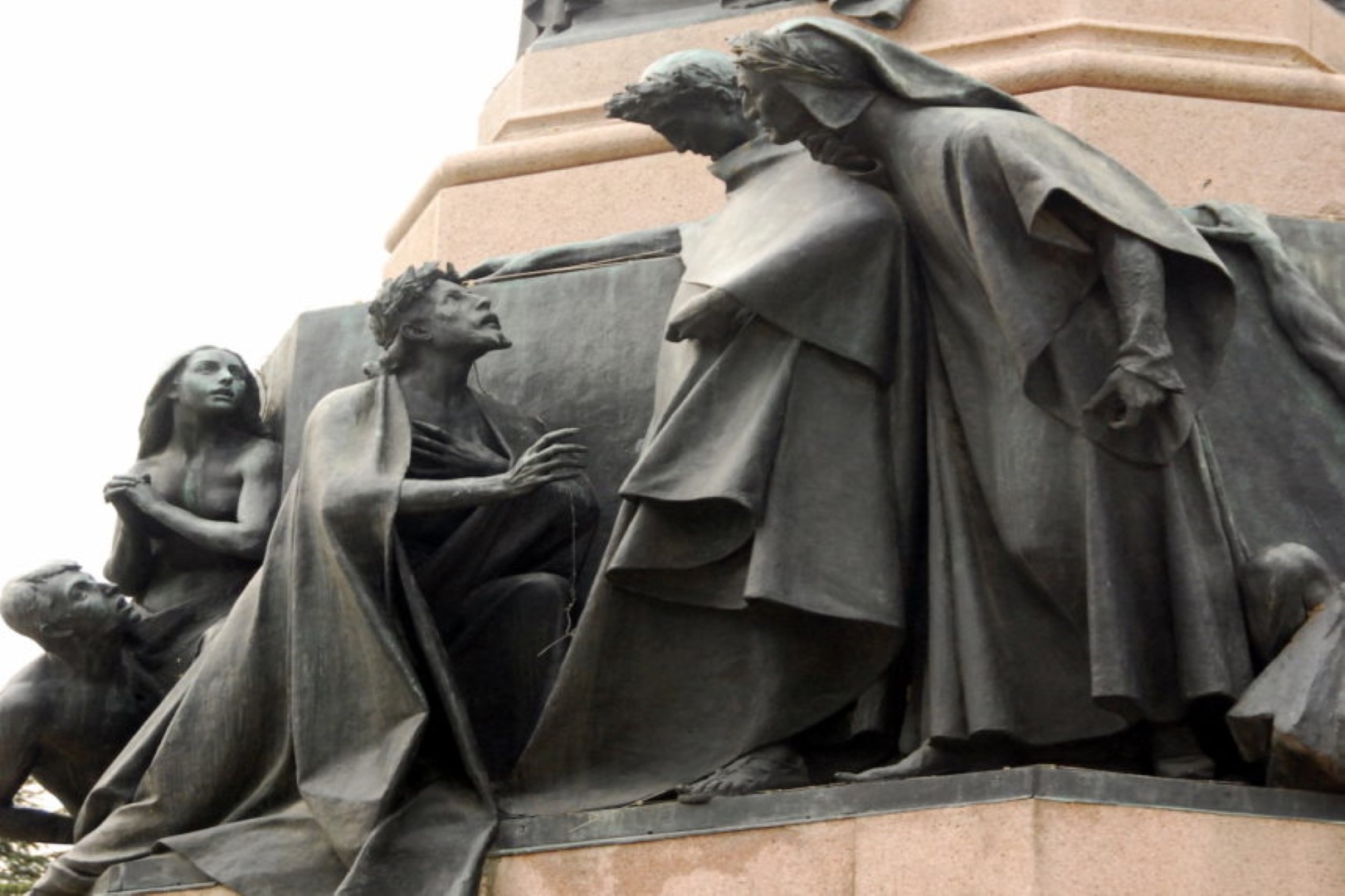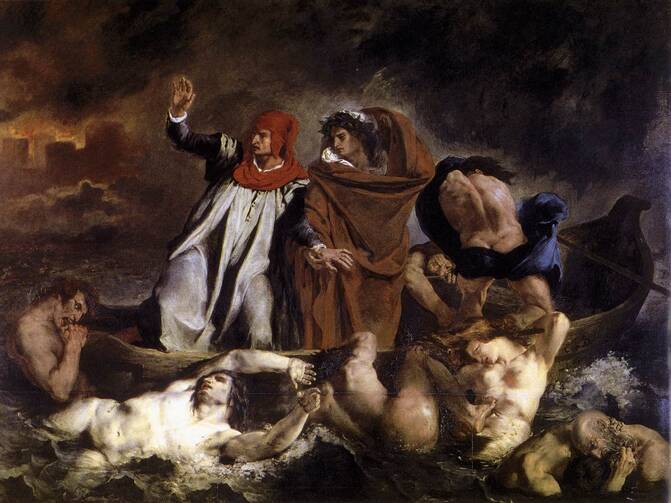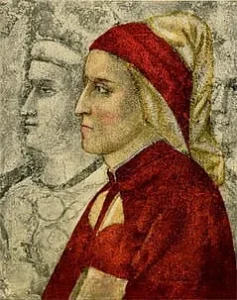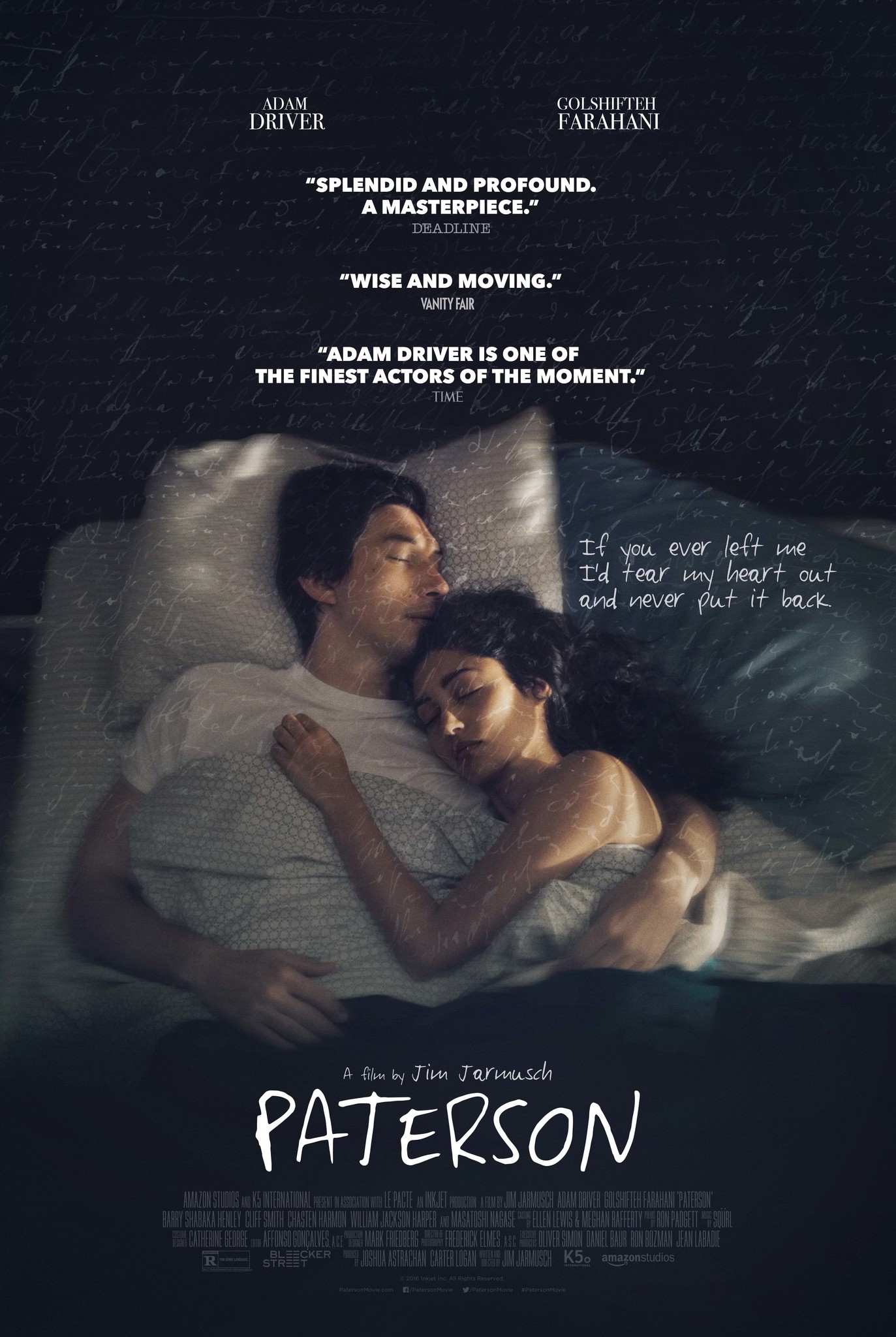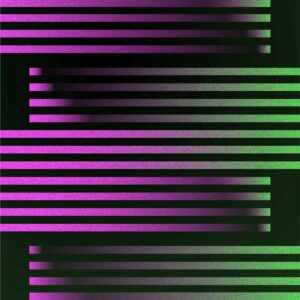“As a counterweight to the transience and loneliness that pervade our society today, Dante’s medieval theological vision reminds us that friendship is central to human flourishing because it is central to the human person. Friendships—no matter how fleeting—prepare us for union with God.
“Transience is now a defining feature of many people’s lives. Instead of staying in the same hometown, community, and job through adulthood, modern life insists that we uproot, then uproot again, to pursue the next coveted role or experience. This endless flurry of classmates, colleagues, and friends often leaves us feeling detached and disengaged. In the midst of drifting in and out of commitments, Americans report fewer friendships and atrophying support systems in a society fractured by economic upheaval and pandemic disruption.
[. . .]
“But there is an alternative way of thinking about the meaning of friendship. For a vision of a world in which friendship is paramount and theologically suggestive, we might consider Dante’s Purgatorio. This is the second part of his Divine Comedy, an epic three-part narrative poem composed in the early fourteenth century that depicts Dante’s journey through Hell (Inferno), Purgatory (Purgatorio), and Heaven (Paradiso). A medieval Christian allegory representing the journey of the soul toward God, the poem offers a compelling account of friendship that challenges us to reflect on our engagement with those around us and, ultimately, with God.
“Throughout Purgatorio, Dante makes a powerful case that friendship—however fleeting—is integral to both human flourishing and the human person because it prepares us for union with God. Dante’s medieval wisdom on friendship provides helpful guidance as we navigate our own strange nomadic landscape in the modern world.” —Jessica Schurz, “Friendship in an Age of Transience: Wisdom from Dante,” The Public Discourse, May 25, 2022 (retrieved March 2024)
